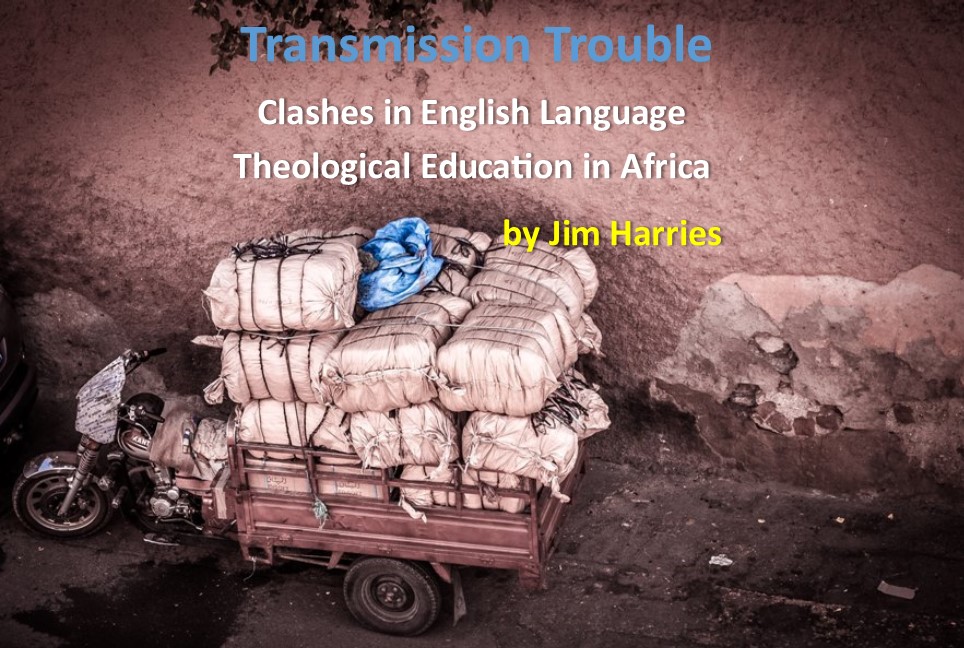Transmission Trouble: Clashes in English Language Theological Education in Africa

Missionary-scholar Jim Harries looks at the inherent difficulty in packaging and teaching theology in language translated from another culture.
This short article suggests that there are three possible translation-options when theological education from the West is transferred to Africa. None of those options are very satisfactory. The article concludes that a people need to engage theological education using their own languages.
Conflicting Understandings: Africa and the West
I offer some examples below of ways in which foundational understandings differ in parts of Africa with many people in the West:
- Western theology tells us that God can forgive sin.[1] Sin can be considered “an immoral act considered to be a transgression against divine law.”[2] Sin, therefore, is an offence against God. In much of Africa people are more in fear of offending fellow community members than they are of offending God. People fear the shame that arises from condemnation by their community. To be discovered as having done something that one’s community disapproves of, is considered much more of a serious offence than to have done something that God does not approve of. Because acts can be performed secretly, an important means of discerning whether someone has offended their community is to look at the level of their prosperity. If someone ceases to prosper, perhaps showing visible signs of illness or poverty, then the cause for that can easily be assumed to be some secret shameful offence. The way to overcome shame, then, is to prosper. When African people discover that God forgives sin, that sets up the expectation that he will undo shame. Then that they will be healed and will emerge from their state of misfortune. A forgiven person should prosper. Someone will demonstrate their forgiveness through prospering. This common-sense understanding, according to African people, is often interpreted by Western theologians as being the prosperity Gospel, which they consider to be a very misleading teaching.
- James 5:14-16 reads as follows: “Is anyone among you sick? Let them call the elders of the church to pray over them and anoint them with oil in the name of the Lord. And the prayer offered in faith will make the sick person well; the Lord will raise them up. If they have sinned, they will be forgiven. Therefore confess your sins to each other and pray for each other so that you may be healed. The prayer of a righteous person is powerful and effective.” This passage, as others, makes it clear that sickness can be caused by sin. Matthew 9:1-8 also illustrates this clearly. In the Bible, especially the New Testament, the treatment for sickness is often forgiveness. Disease being caused by sin, one would expect the forgiveness of sins to be linked to healing. The plain reading of many New Testament examples affirms this. Yet the emphasis for healing from the perspective of Western Christians focuses on the use of bio-medicines.


